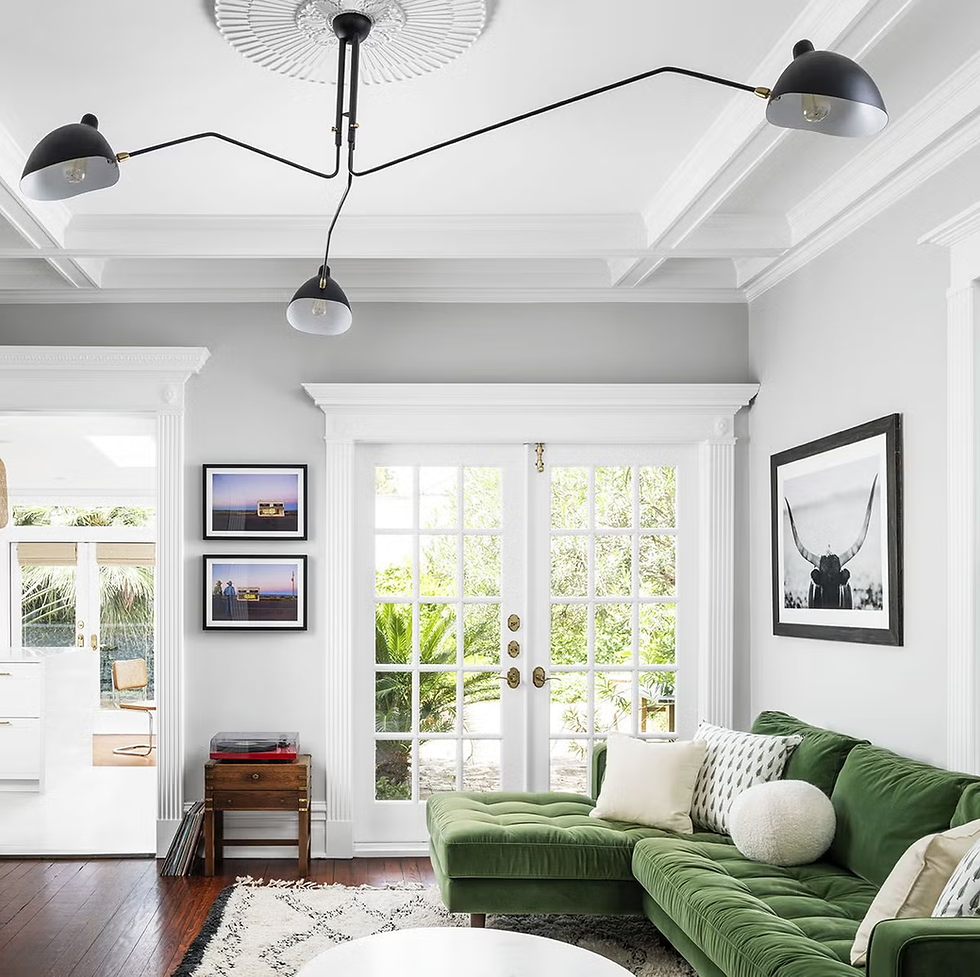Got Hurt in a Slip-and-Fall at Someone’s Home?Here’s What You Need to Know
- Staff Desk
- Aug 22
- 3 min read

You’re attending a holiday dinner at someone’s place, or maybe staying at a weekend Airbnb. Everything seems fine until suddenly, it’s not. A misstep on a broken stair, a slick patio tile, or even a loose hallway rug sends you crashing to the ground. It is certainly embarrassing, painful, and possibly serious.
But now what?
Well, slip-and-fall accidents at private places can be tricky both emotionally and legally. Hence, in this article, we’ll get to know if you are hurt on someone’s property, what comes next. So, read it to the last!
Your Health Comes First
First things first. No matter how minor it seems, prioritize your health. You should do the following:
Seek medical attention immediately — don’t wait to “see if it gets better.”
Document everything: pain levels, injuries, bruises, etc.
If possible, take photos of the hazard that caused the fall (e.g., wet floor, broken step, poor lighting).
It is important because the sooner you act, the easier it is to connect your injury to the unsafe condition. Ultimately, this becomes a key part of any future claim.
Understand Premises Liability
The legal concept at play here is premises liability. Property owners, including landlords and short-term hosts, have a duty to keep their spaces reasonably safe for visitors. If they fail to fix or warn about dangerous conditions, they may be held legally responsible for resulting injuries.
But not all accidents result in liability. The law considers:
Who the visitor was (guest, tenant, or trespasser).
Whether the hazard was something the owner should have known about and addressed.
Whether the injured person was acting responsibly.
For example, if you tripped over a power cord stretched across a hallway that had been there all night, the homeowner may be liable. But if the spill just happened moments before, and they didn’t have a reasonable chance to clean it, it may not be their fault.
Why You Should Speak to a Lawyer Early
Even if you don’t want to “make it a big deal,” talking to a lawyer early can make the difference between a smooth process and an uphill battle. Homeowner’s insurance companies may act helpful, but they’re motivated to protect their bottom line, not your recovery.
A qualified legal team can:
Investigate what caused the fall.
Interview witnesses (if any).
Handle all communications with insurers.
Help you avoid saying something that could harm your case.
For those in California, the Pacific Attorney Group - Accident Lawyers can help you understand your options. Their team knows how to handle sensitive cases like these, no matter whether the fall happened at a private home, vacation rental, or family event.
You’re Not Necessarily Suing Anyone
One of the biggest reasons people hesitate to take legal action is the fear of hurting relationships. No one wants to turn a social visit into a legal mess, especially not with close family or friends.
But here’s the thing: You’re not necessarily suing your aunt, friend, or Airbnb host. You’re likely filing a claim through their homeowner’s or property insurance.
Most standard policies include coverage for injuries to guests. So while it may feel awkward, remember: insurance exists to cover these situations, not just house fires or floods. You’re simply using a system already in place to recover from a serious and unexpected setback.
What Damages Can You Recover?
Injuries from falls can range from bruises and sprains to broken bones, concussions, or long-term nerve damage. Medical expenses can add up quickly, and the ripple effects can be wide.
Depending on your situation, you may be able to recover compensation for:
Medical bills (ER visits, X-rays, rehab).
Lost wages (if you had to miss work).
Pain and suffering.
Future medical treatment.
But to build a strong case, you’ll need solid evidence and often, legal guidance.
Common Mistakes to Avoid
Even well-intentioned people often hurt their own claims without realizing it. After a slip-and-fall, avoid:
Saying “I’m okay” or downplaying your pain.
Failing to report the incident to the homeowner or host.
Delaying medical treatment.
Giving recorded statements to insurance adjusters.
Waiting too long to speak to a legal expert.
These missteps can weaken your case and make it harder to get fair compensation.
Conclusion to Draw!
No one wants to deal with legal stuff after getting hurt at someone’s home or rental. But your health, safety, and financial well-being come first.
You’re not being dramatic, and you’re not overreacting. You’re simply protecting your future. And with experienced help on your side, the process doesn’t have to feel overwhelming.
If you’ve been injured due to someone else’s negligence, talk to a lawyer who understands slip-and-fall claims. With guidance from professionals, you can focus on recovery while they handle the rest.



Comments